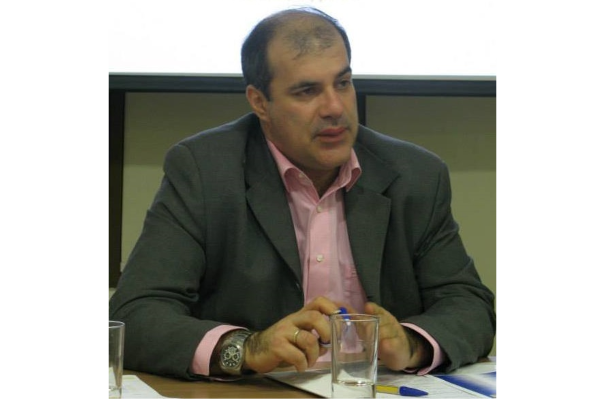Skills and competences certification is high in the agenda of educators and trainers as well as for educational institutions nowadays. Therefore, in the frame of the ThinkTank initiative, Glocal Factory is delighted to have you to the webinar:
“Accreditation on the area of lifelong learning: validation systems in vocational qualifications”
The online encounter is led by Dr Stefanos Spaneas, Associate Professor of Social Work at the University of Nicosia, Cyprus, which is partner of Glocal Factory in EU Erasmus project.
Read more about prof. Spaneas here:
He has over of twenty years of experience in the area of social work and welfare, either as front line practitioner and/or as academic and designer of social interventions in different countries. He has participated in and / or coordinated various EU-funded research and developmental projects in the areas of management and delivery of social and welfare services, social justice, social inclusion, equality, research and policy development. He has also participated in and coordinated several research programs funded by national and EU funds, for children, families and adults with particular emphasis in the area of asylum and migration. He has designed and implemented several innovative programs in the field of community development and social research, such as writing the strategic plan for the development of social entrepreneurship for the Republic of Cyprus; he has evaluated social services and organizations at national and European level. Finally, he has extensive experience in the field of asylum and immigration where he has designed and implemented over thirty projects at national and international level.
His research interests lie in the areas of: Design and development of integrated health and social care organisations; development of integrated policies in the area of asylum and migration; exploration of Organisational Learning and Learning Organisation role as a model to improve effectiveness and efficiency of provided services by social care organisations; development of Community Programmes aiming to the activation of citizens; and social entrepreneurship as an alternative way to (re)integrated social excluded groups.
He has also published in journal papers and book chapters in the above subjects, while he is also a reviewer in international journals in the field of social sciences. As part of current role, he continues to work with agencies to provide assistance in delivering new and innovative pilot projects, training in such areas as communication, management and evaluation, and to carry out research and evaluation projects.


